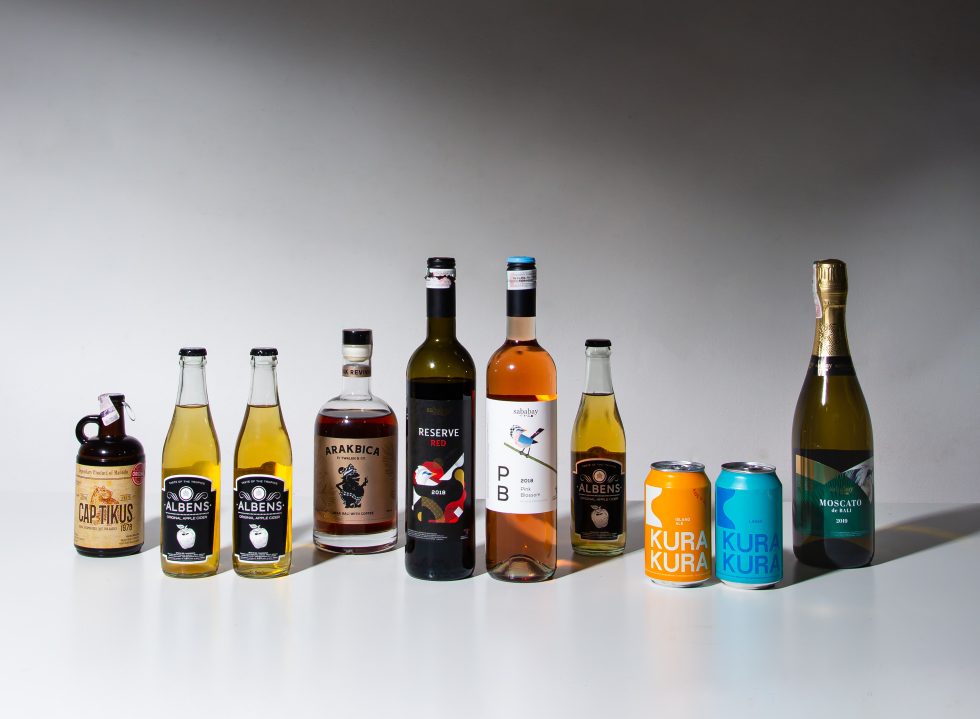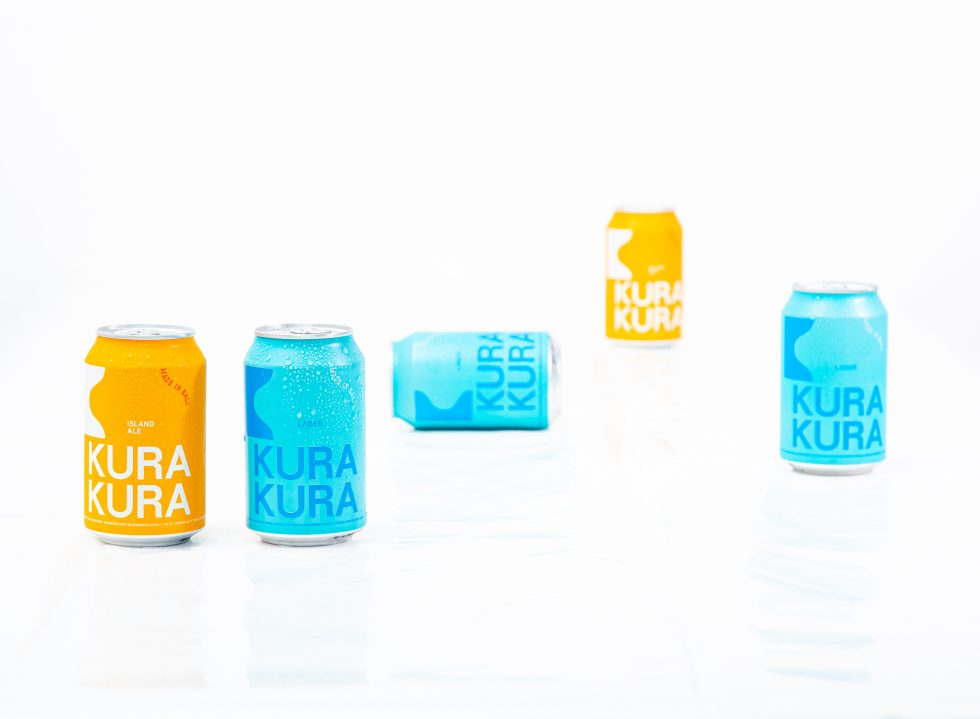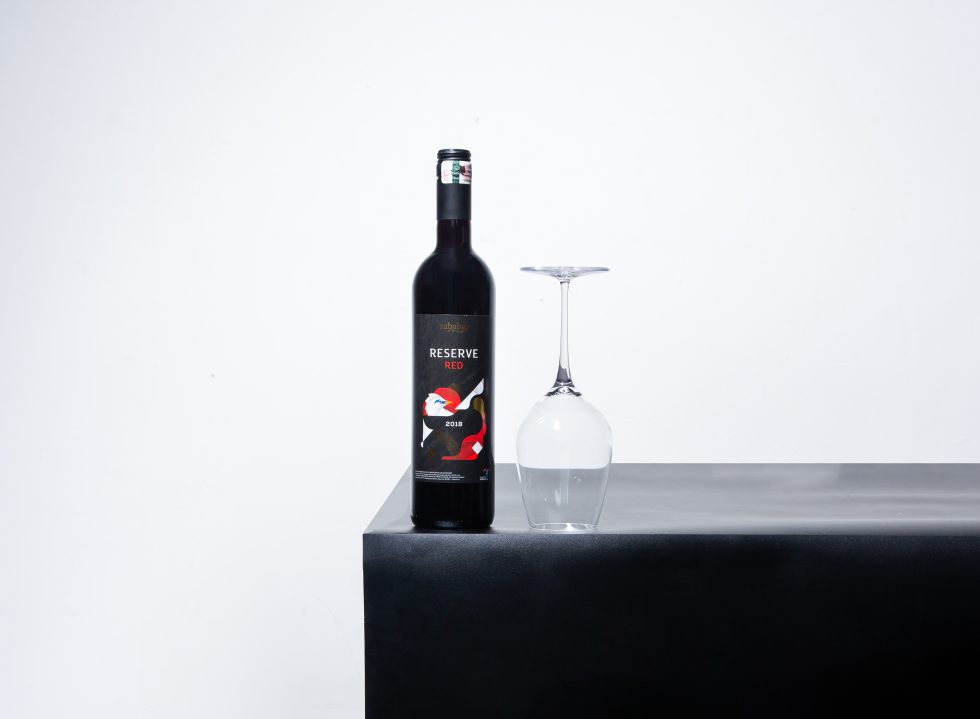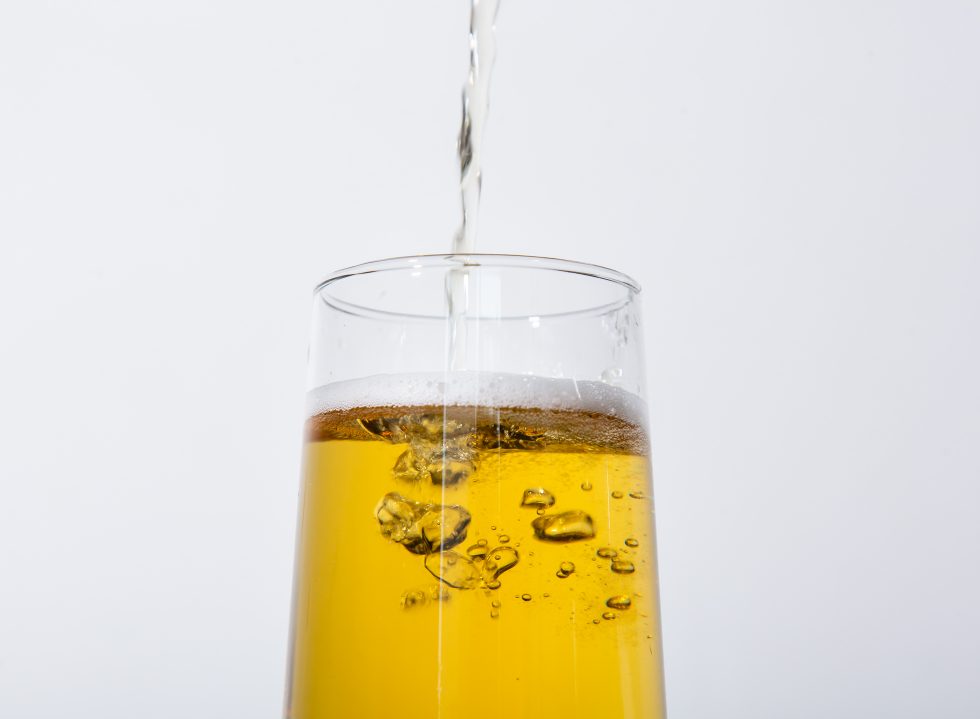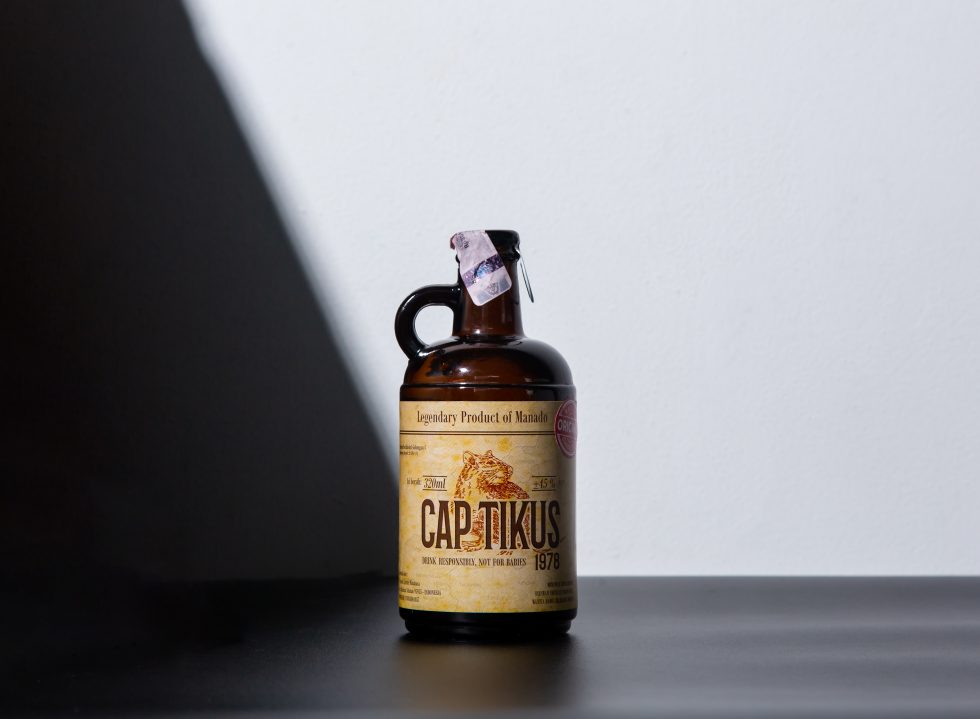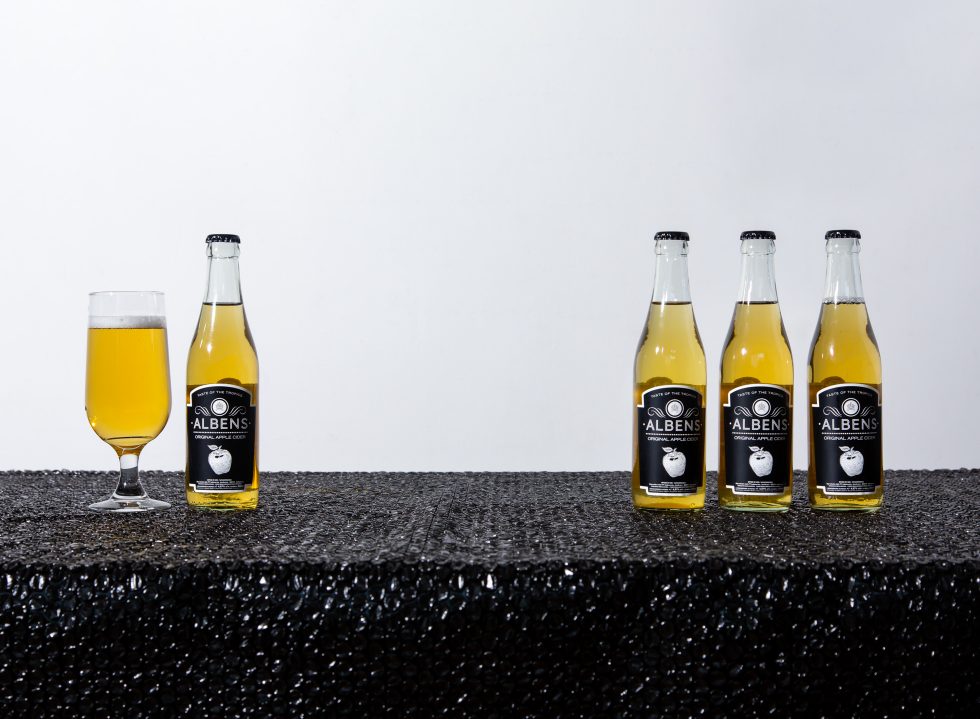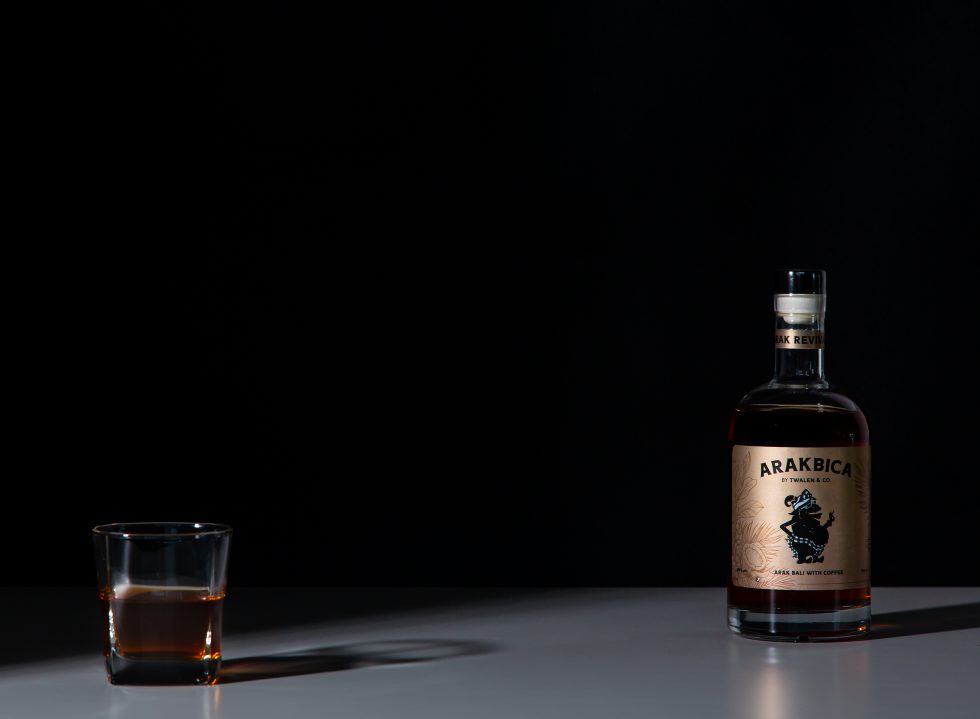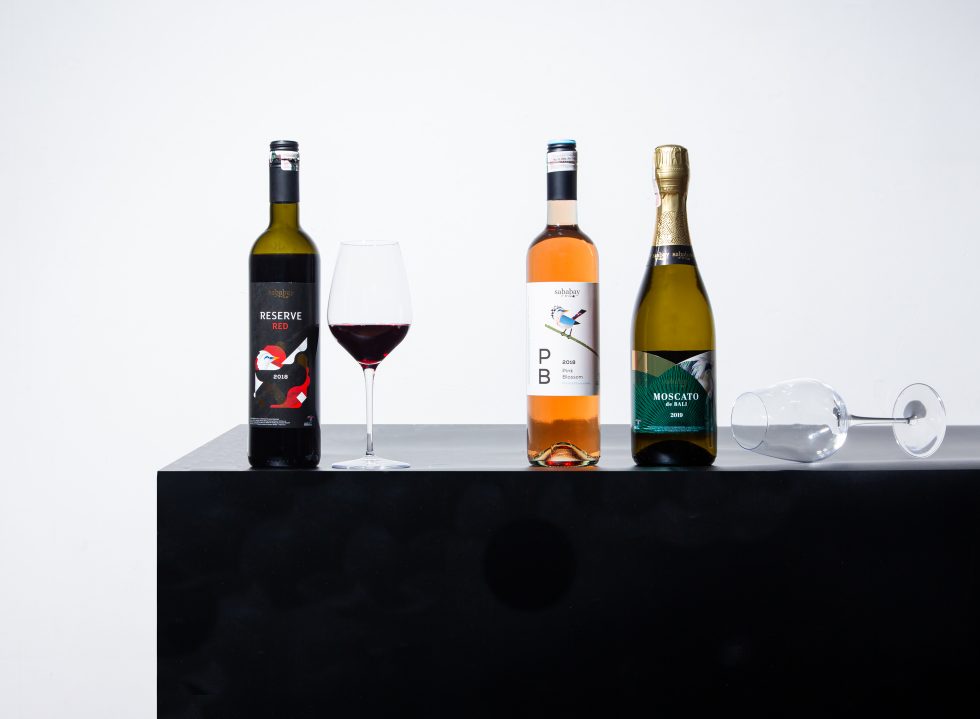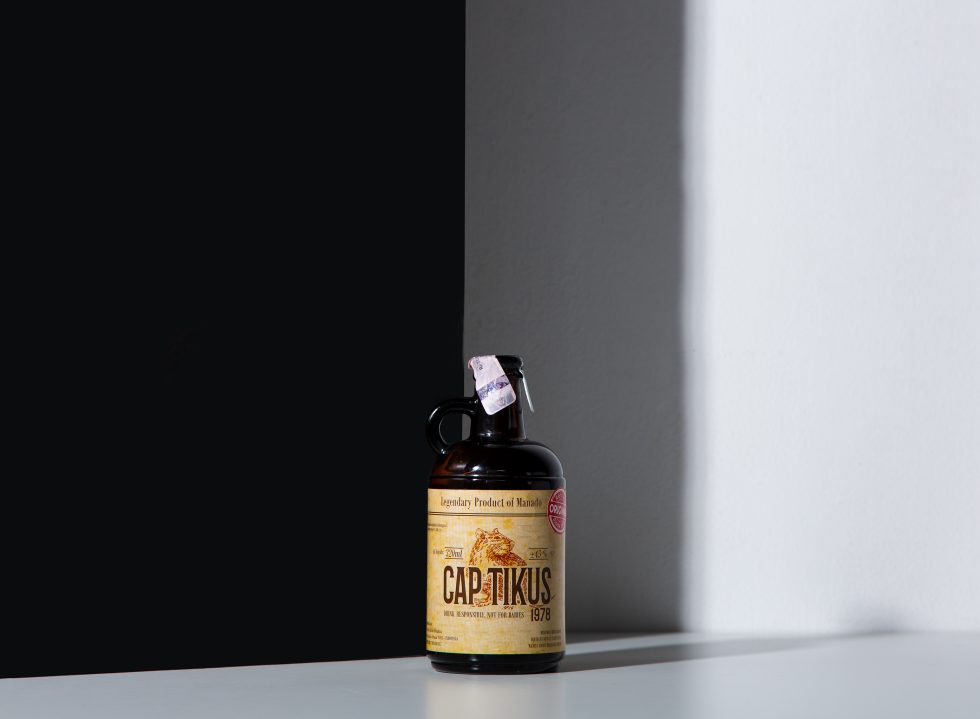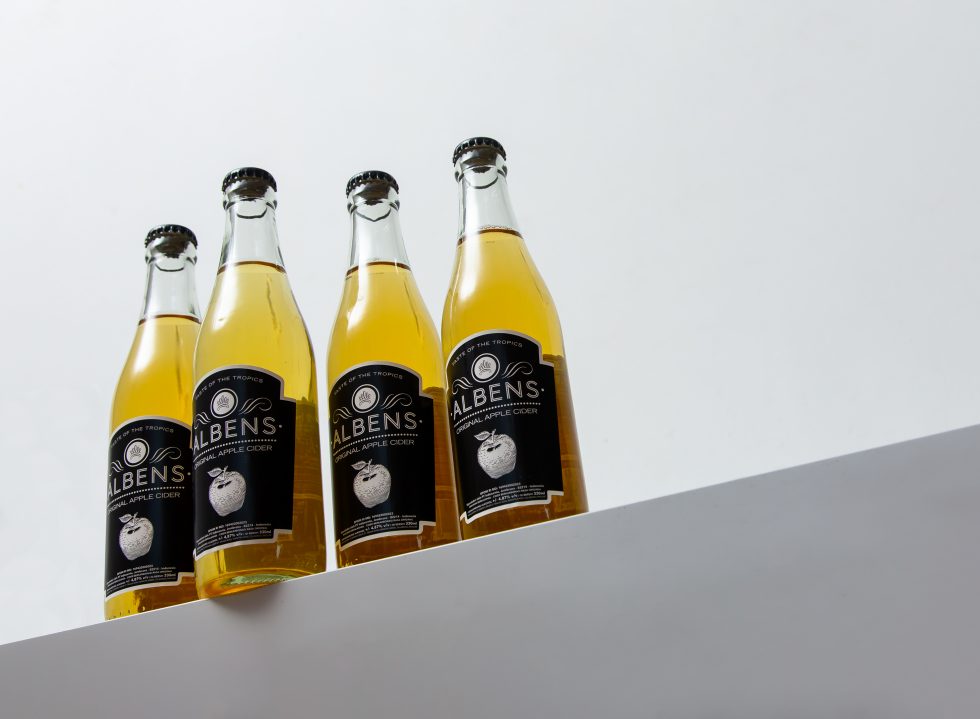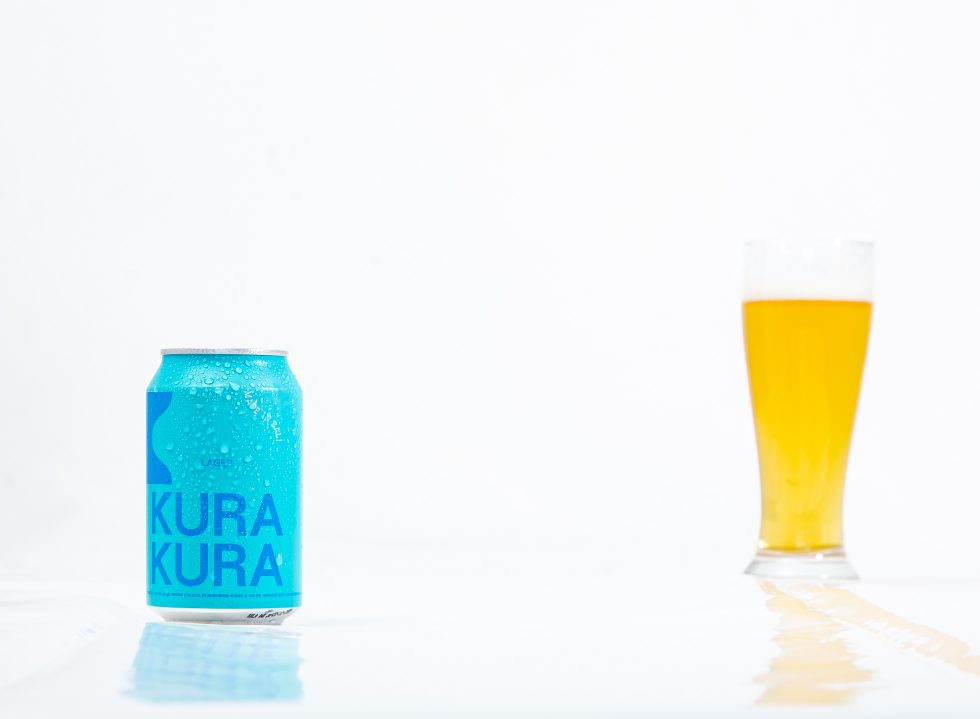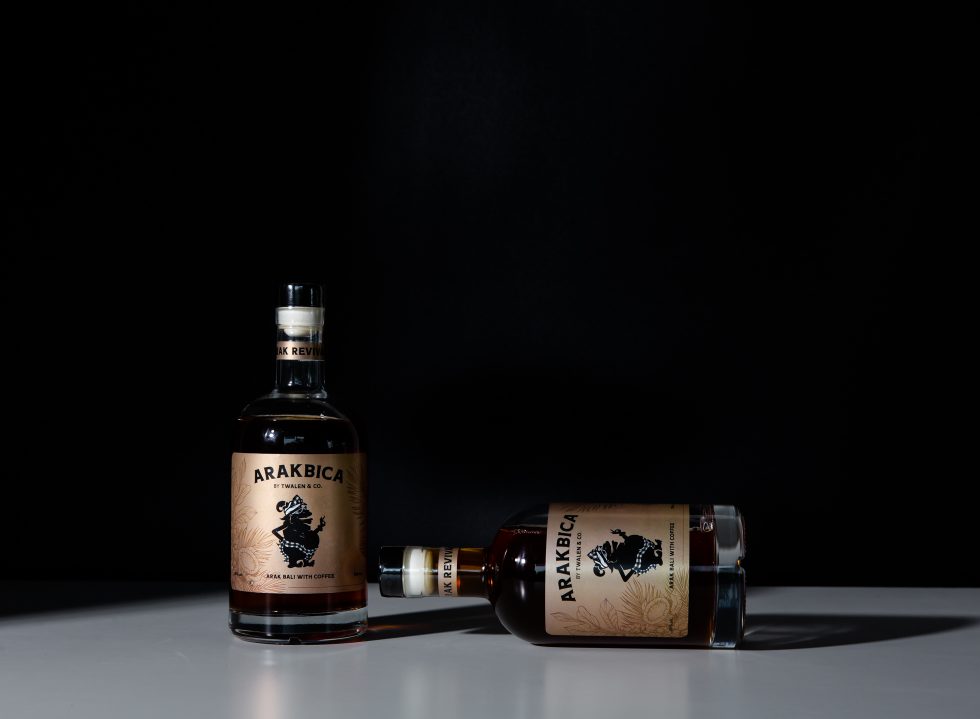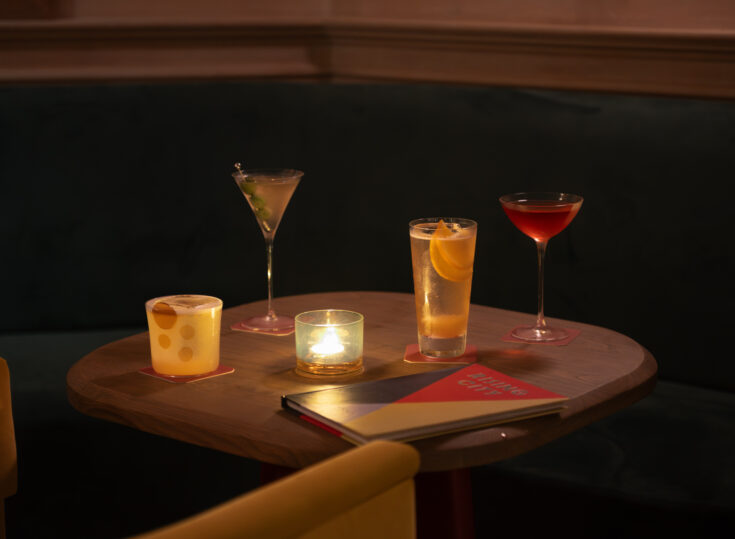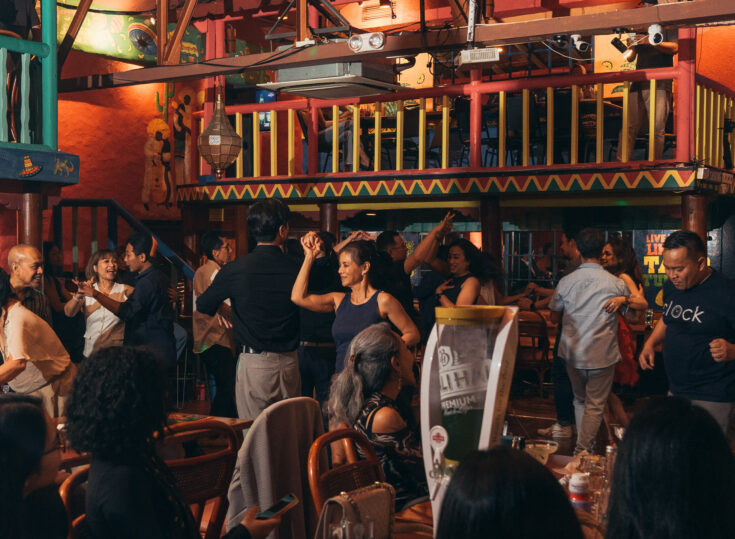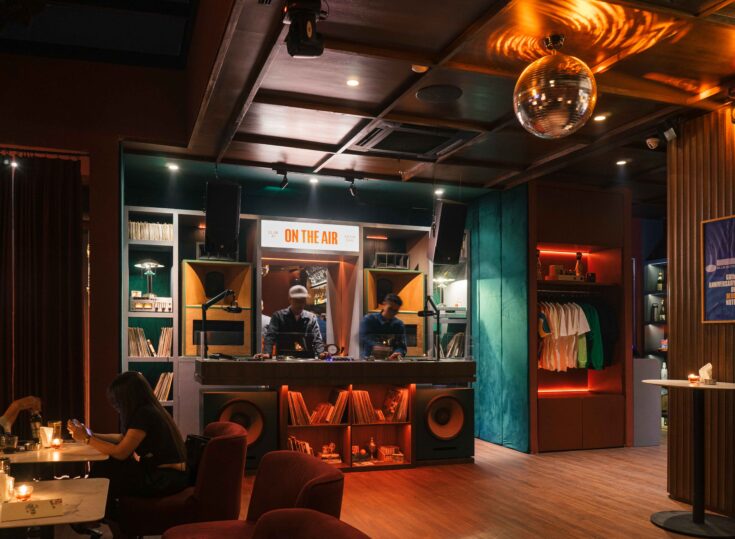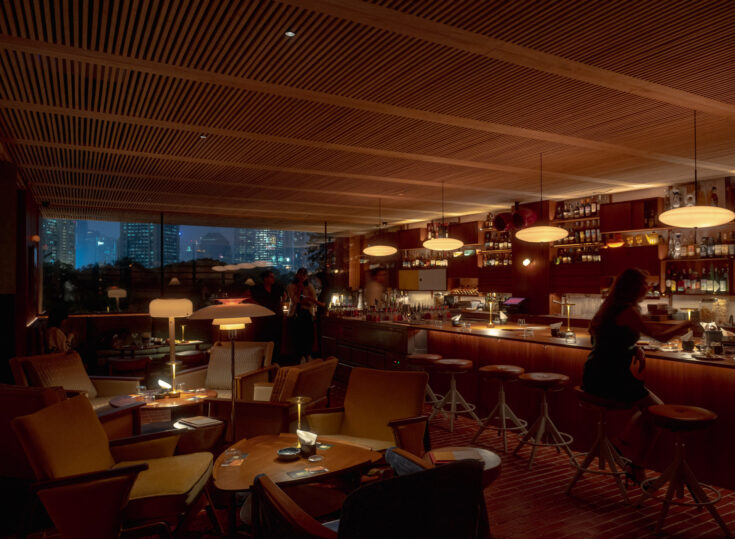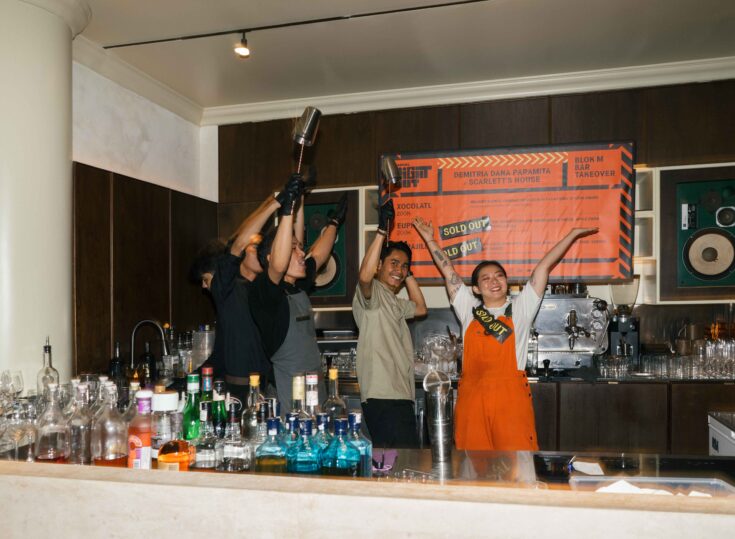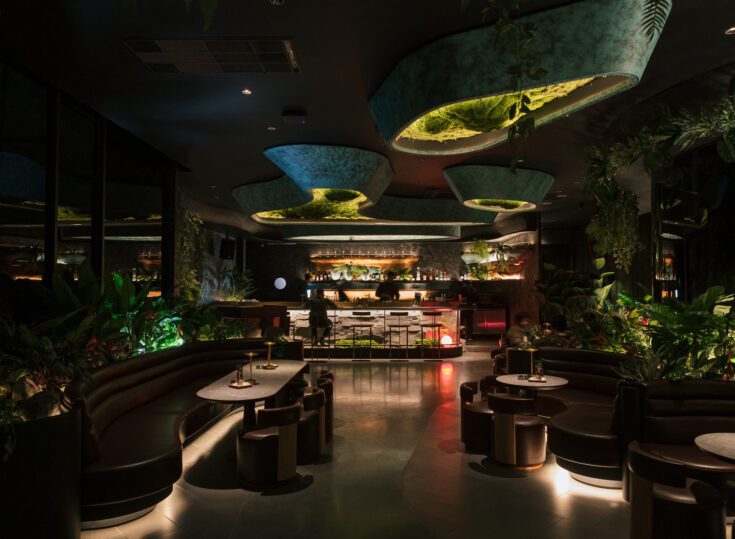It hasn’t been an easy time for the local alcohol industry. In the past few years alone they’ve had to dodge around the stretched out discussion of a nation-wide prohibition bill, the tightening distribution regulations for alcoholic beverages, and not to mention the highly inflated tax (150%, one of the highest in the world) for imported alcoholic beverages. In the face of all that, it’s quite hard to believe that Indonesia was once a country with a rich drinking culture and history.
When in truth, for a very long time, our ancestors have long brewed traditional alcoholic beverages using modest and raw ingredients and humble processes such as fermentation. From rice grain, palm sap, coconut, to variants of tropical fruits, these generous gifts native to the islands were collected, crushed, pressed, and fermented at home—lending them a set of flavours distinct to us.
Across the archipelago, a myriad of regionally brewed concoctions bloomed with many names and interpretations, among them, tuak (palm wine), Balinese arrack, sopi from Maluku, now popularised as cap tikus, and Javanese ciu (fermented liquid cassava). Quite the contrary from the negative implications that often shadow the local drinking culture today, and rightly so in some cases, most of these drinks were originally intended as body warmers for village farmers, and played a big part in traditional as well as religious rituals.
Confronted with harsh conditions and the clash of perspectives that cloud over the industry, the fate of local alcohols has largely faded. Luckily, a handful of young and innovative independent breweries are advancing to the front to remind us once more what the country’s wealth of agriculture and resources can produce.
A Taste of Home
Bringing you a ‘taste of the tropics’, Albens Cider offers refreshing and sweetly subtle apple-based ciders to pull you out of your summer languor. Fresh, quality, fuji apples are sourced both locally and internationally and shipped to their factory in Bali before fermented and pasteurised to produce their bubbly taste.
“When I was traveling in the UK, I saw the potential for our local alcohol industry to compete, especially when we use our diverse and rich offerings of tropical fruits to our advantage. I believe this is what makes us unique,” Ibu Dian Handayani, president director of the brand explained. With three flavours under their belt, the original Apple, Apple & Strawberry, and Apple & Mango, they are swiftly pushing their brews forward to international markets, exporting to neighboring countries such as Singapore, Australia, and Hong Kong just to name a few.
Also based in Bali, Kura Kura Beer has been quick to ground itself solidly as a go-to craft beer, especially among the younger crowd. Their brewery can be found in the mountainous region of Plaga, sitting on a 3-hectare plot, where the colder climate allows to achieve optimal production and visitors are welcome to take a tour and learn more on their slow-brewing process. As for their two flavours, “the Island Ale (yellow) is light and crisp, with a beautiful fruity aroma. Whereas the lager (blue) is a more classic, malt-driven beer. We use high quality German malts to lend it [lager] aromas of freshly baked bread and honey,” founder, Putu Wiranatha shared.
As part of M Bloc Market, local establishment Twalen have branched out further than its offerings of home cooked Balinese dishes to Twalen Spirit, to which we have to thank for the fusion of coffee and arrack in its signature beverage Arakbica. Defined by a smooth balance between single origin cold brew arabica coffee from Kintamani, and traditional Balinese arrack from a village in Karangasem, their arrack goes through double distillation to achieve its gentle taste and maximise its blend.
“The fusion of flavours is quite unique, complex, but they marry very smoothly. On tasting you’ll explore sweet notes of coconut, the acidity from coffee, and a hint of caramel towards the end,” enthused founder Pak Wena Wahyudi. He added that “avid drinkers liken it to Irish coffee or even Irish whiskey, though they claim it’s one with a more subtle aftertaste.”
Lastly, the growing range from Sababay Winery, covering extensive wine to local spirits, comes with invariable choices and flavours to pamper oneself with. Their wine in particular falls under four categories: velvet, reserved, sparkling, and premium. For them, a great influence to their flavour is in fact, food, especially our local palate. “We started our wines with Indonesian food in mind,” shared Fidi Sjamsoedin, their marketing director. With grapes carefully harvested from their farm in Buleleng, Singaraja, he recommends the “Reserved Reds with rich flavoured food like rendang, the Moscato with gulai ayam, Mascetti with kambing guling, and the Lambrusco with martabak manis.”
But even with this newfound appreciation for local brews and crafted tipples, lest not forget the rich history that backs it up. Case in point is Cap Tikus (rat stamp), a traditional liquor that has been around for generations to the people of Minahasa, an ethnic group native to North Sulawesi. Traditionally, the drink is made through the process of distillation of palm sap or ‘saguer’, of which farmers use hard-earned sour sap, which are extracted by tapping the stalk of a palm tree, before being distilled by stove, commonly using firewood and large gallons to contain the sap water.
With a very high alcohol content (over 40% in some cases) and an affordable price tag, the rise of bootleg and watered down variations that circulated the market seemed inevitable. Though now, customers can enjoy this historical drink easily (and cheaply), as the brand has released a safely manufactured and distilled product in partnership with PT. Cawan Mas, the ‘Cap Tikus 1978’. There are now two flavours available for purchases online, the original and the coffee, which have found their way as base for tropical cocktails and fusion drinks.
With more and more local brands rising to the challenge, Putu believes that “the drinking culture in Indonesia is evolving and I’m excited to be a part of it. People are more aware of craft beers, craft spirits, and even locally produced wine. I think this is the mark of a new, exciting time.” And indeed, this sentiment echoes across the growing local selections. Bottom’s up!
Albens Cider
Maximising on a traditional English recipe for fruit-based ciders, Albens Cider prides itself on using the freshest fuji apples, sourced both locally and internationally to deliver a tropical taste in every sip. Since its genesis back in 2012, the brand has climbed to international levels, with regular and large quantity exports to Singapore, Australia, Hong Kong. You can find their original Apple, Apple & Strawberry, and Apple & Mango ciders here.
Kura Kura Beer
As the first craft canned beer in the country, Bali-based Kura Kura Beer anchors itself on taking straightforward, quality ingredients: hops, malt, yeast, and water through a slow-brewing process to ensure maximised flavours. Started by Putu Wiranatha simply out of his love for good quality beer and to elevate the local craft beer scene in his hometown, their brightly coloured cans are quick to become a favourite amongst their younger clientele. You can purchase their Island Ale and Lager here.
Twalen Arakbica
What started out as a collaboration project between Pak Wena Wahyudi and Ruang Rasa Kuliner (RRK), Twalen was built as a part of M Bloc Market’s “Toko Kelontong Terkurasi” back in 2020. Since then, they’ve expanded from ‘Twalen Warung’, which serves home cooked Balinese dishes, to delve into curating quality spirits with local flair, amongst them their very own signature Twalen Arakbica. For a unique blend of Balinese arrack and single origin Kintamani coffee, you can find their Arakbica here.
Sababay Winery
Taking their name from the winery’s location in ‘Saba’ bay (Teluk Saba) in Gianyar, Bali, the Sababay venture, now boasting Sababay Winery and Sababay Spirit, started back in 2009 with a mission to elevate local agriculture and partner with local farmers. Wine connoisseurs would be pleased with their extensive range, which are easy to pair with local fares. You can purchase their range of wines here.
Cap Tikus
Amongst one of the originating local alcoholic brews, Cap Tikus traces its beginnings to humble productions within the people of Minahasa, North Sulawesi. Now mass produced and available for purchases online, it is easy to get your hands on this historical drink. You can find Cap Tikus 1978 here.
